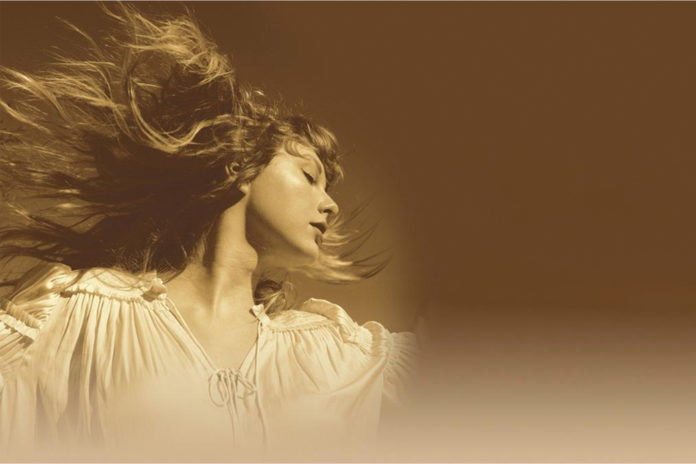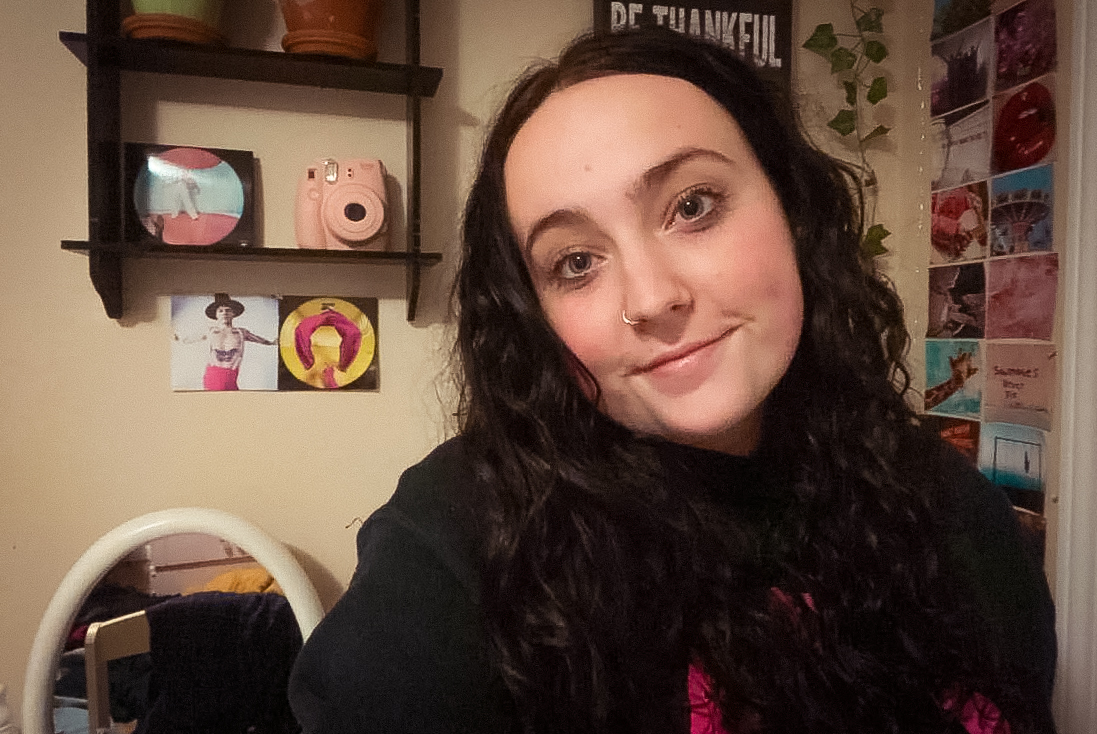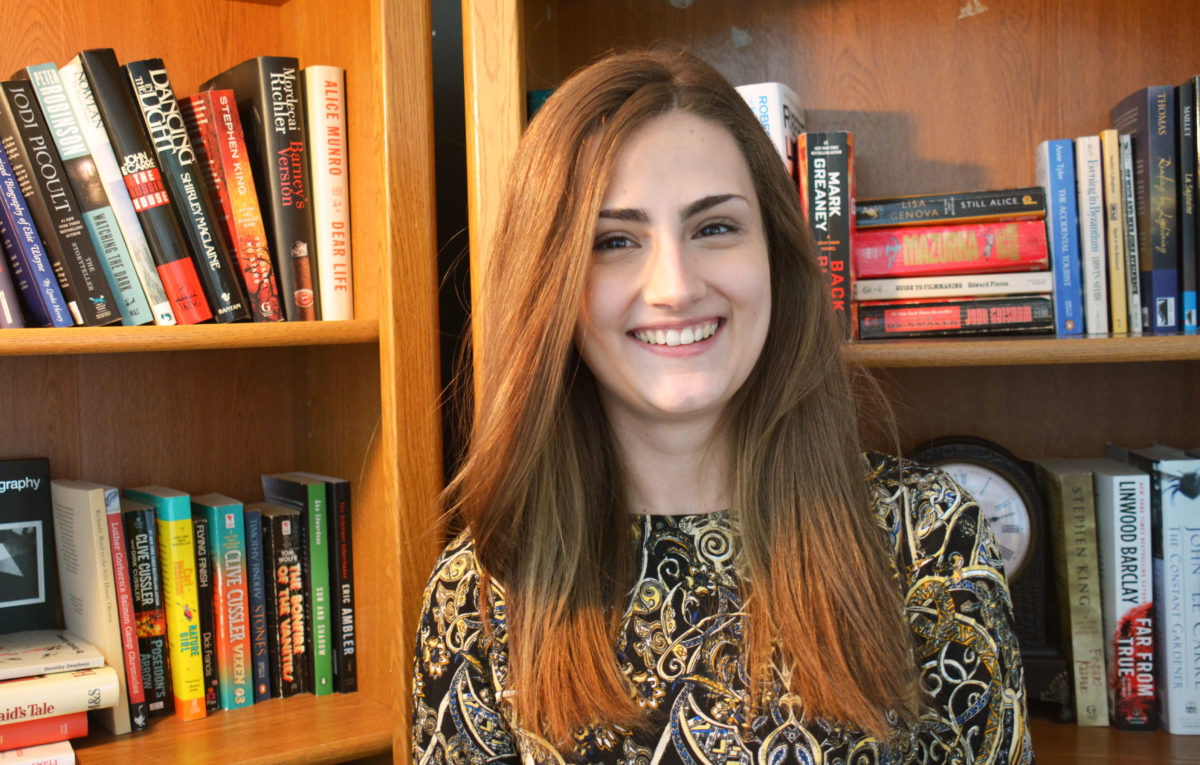
Taylor Swift fans watched the pop star take back the rights to her old music by re-recording her songs, the most recent being “Love Story (Taylor’s Version).”
Emma Leger, a long-time fan of Swift and a fourth-year sociology student at St. Thomas University, said she thinks Swift wants her fans to know it’s possible to achieve their dreams and they shouldn’t let people stop them from bringing them down.
“She’s been treated horribly in the music industry and has been the target of a lot of sexism and misogyny and just overall unfounded hatred for no reason,” she said. “People would hate on her for things everyone else was doing.”
Leger said Swift rose to fame in 2006 and signed a contract with Big Machine Records, run by Scott Borchetta. She decided not to renew her contract with them and wanted to be able to own her masters. Borchetta didn’t agree. Swift couldn’t afford to buy her own masters for $300 million. For the time being, she was fine with walking away and not owning the rights to her albums and continued to make new music.
“She is a person who has gone through a lot and I was really disappointed to hear about the whole record label thing,” said Leger.

Leger said it was cool to listen to “Love Story (Taylor’s Version)” again for the first time.
“It was like a whole new experience even though it’s the same song,” she said.
Leger said Borchetta ended up selling the masters to Scooter Braun, a man who is well known for treating Swift badly. Braun refused to let Swift play her own music at the American Music Awards. He was profiting off of Swift’s music while controlling what she could or couldn’t do with the albums.
Alishya Weiland, a fourth-year communications STU student, said all the albums Swift did as a teenager were like diaries that she gave to listeners. To have someone else own that would be hard.
“She’s a really gifted writer. Her writing has always been what stuck with me,” said Weiland, who has been a big fan of Swift for the last 14 years.

Swift began re-recording her masters and taking back control over her music.
“There’s a certain kind of loyalty I think that the big Taylor Swift fans have that’ll make [re-records] valuable and to have her old music not be valuable anymore, which I think is the point of why she’s doing this,” said Weiland. “I was 15 when ‘Love Story’ came out and I’m a totally different person now. But it brings you back to being that age.”
She said Swift did a good job at keeping the song sound similar to its original version and is looking forward to reminiscing with her other big hits.
“I find it empowering myself just to see somebody who has taken this horrible thing and turned it into something really special like these new records. It’s such a girl power moment.”
